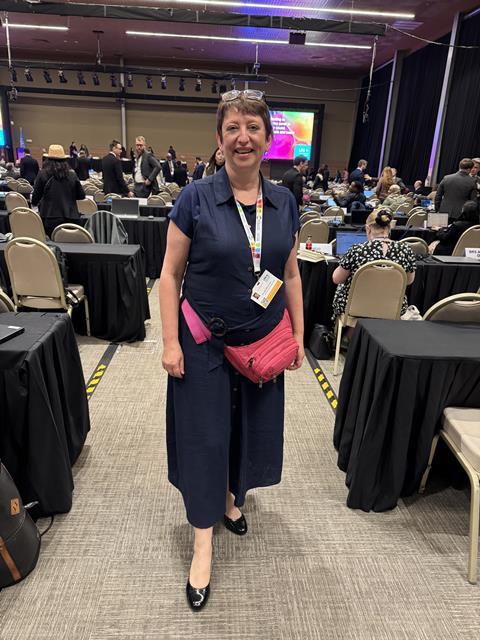
Last month, UN member states signed off on an agreement to launch a new panel to advise on chemicals, waste and pollution. The UN Environment Programme (UNEP) says that the panel will complete ‘a global scientific trifecta’ alongside the Intergovernmental Panel on Climate Change (IPCC) and the Intergovernmental Science Policy Platform on Biodiversity and Ecosystem Services (IPBES). The bodies provide the world’s most authoritative scientific reports on the planet’s most pressing challenges, playing a key role in guiding future efforts to tackle these interlinked problems.
Official negotiations for the Intergovernmental Science-Policy Panel on Chemicals, Waste and Pollution began three years ago, concluding with June’s meeting in Punta del Este, Uruguay. To learn more about how the new panel came about, why it is needed and what it will do, Chemistry World spoke with Camilla Alexander-White, lead adviser on international chemicals policy at the Royal Society of Chemistry (RSC). Alexander-White played an important role representing scientists at the UN meetings, including as the co-facilitator of UNEP’s science and technology major group in Uruguay.
What’s the background to this?
It was proposed many years ago under a UNEP-led framework for international chemicals management, known as Saicm, that a third panel for chemicals, waste and pollution should be established. At that point they were saying, well, what could it look like? What were the options for this? It’s been a bit of a slow burn, but over the last two or three years, the process to establish this panel has been ongoing. Meetings took place in Bangkok, Nairobi, Geneva and then finally in Punta del Este, where they agreed a foundational document. The document is the legal text that allows a panel for chemicals, waste and pollution to be established.
What does that text set out?
The founding document sets out the basic structure of the panel; how it will be funded – by voluntary contributions into a trust fund; and how decisions will be made – by consensus and unanimity.
In terms of the panel’s structure, there’ll be a governing body that is now called the plenary. Then there’ll be an interdisciplinary expert committee (IEC), and that will be where governments nominate representatives to decide what the work programme for the panel should be, how scientists should be appointed, a lot of the key decisions. The recommendations made by the IEC will be sent to the governing body, and then the IEC will set up task forces and assessment groups of many scientists – hundreds of scientists will get involved at that point to actually write science and evidence reports.
What has not yet been agreed?
There’s still some text in brackets, meaning that the text is not agreed. This is probably a temporary thing, because the current Trump White House has a very hard line about not including gender rights and gender equity – the US and Argentina were really stubborn on those points as red lines. So there are [unresolved] things in the foundational document that have nothing to do with chemicals and waste and pollution issues, as it were. It took a lot of time to just get some text in there that was acceptable, and really it never got [fully] achieved, so it’s still in brackets. That’s fine from a legal point of view, and it can be revisited year on year to see if anything can be done about it.
Another point on stakeholder and observer participation has been one of our main things at the RSC to try and get observers and civil society, independent scientists, into the discussions around the IEC – the body that’s got a lot of power in recommending what the panel overall should do.
At the moment, the agreement is that there will be somewhere in the order of 25 to 30 nominated representatives, including an equal number of representatives from each of the five UN regions – those will be government-appointed scientists on the IEC. That means, of course, that their independence might be questionable – some parts of the world might field petrochemicals experts, or other government-sponsored academics. So the independence at the moment is compromised a little bit.
A door has been left open in paragraphs 14 to 18 of the legal document – and that took a long time to negotiate, it was the main issue that was being negotiated through the night till 6am in the morning one day, because it’s so contentious. Governments don’t want lobbyists from either industry or NGOs coming in and disrupting the work of that group. But then again, governments will also want to field their representatives, who could be biased towards government lines.
So our ask has always been that we need a supplementary group of scientists who are networked to the wider scientific community and can provide an honest outlook on what that group is doing. It should be as independent and as objective about the issues of the day as possible, so that the work programme can be as impactful as possible, and so that the best scientists are appointed to the assessment groups, rather than government-appointed, potentially biased individuals.
We’ll still fight for that over the next year, because it’s not as strong as we’d like it to be. There’s some wording about the invitation from the chair, and so we have to keep a watch on that to make sure that the chair would be allowed to invite people in to discuss certain issues based on their expertise.
What steps can be taken to ensure independent scientists are included in this process?
The founding document only describes the roles of the plenary, the roles of the IEC and the roles of the assessment groups. The first meeting of the plenary, which is likely to take place in Geneva within a year from now, will have to look at the ‘rules of procedure’ – another legal document that was not agreed in Uruguay and is currently all bracketed. That is the starting point from which the plenary will set out how the IEC will work and function. It will all be up for debate again.
The agreement in Uruguay was a really important historic milestone, but it’s the start of the work, not the end. There will hopefully now be the creation of networks so that scientists are aware that this panel now exists and they can get ready to help support it. They’re predominantly going to be academics. There’s still a question about the role of industry specialists and scientists and how they’ll be involved, but it’s all agreed by many that they do need to be. We still need to campaign for a structure for the IEC that will work and be balanced and objective and transparent and impartial. So that’s going to be the basis of the next year’s work, really, so that we can influence the ongoing negotiations for the rules of procedure document.
Given that there is a lot still to be agreed, when should we expect the panel to start its work?
The plenary starts its work in the second quarter of 2026. They will then recruit an IEC – I’m expecting that could take another six to nine months. So it could be 2027 when we have the IEC meeting for the first time – that’s the earliest I think it could be. For the working groups themselves, we could be talking about three years away. If you look back at what the IPCC and IPBES have done previously – it can take five years before a report comes out, but when it does come out, it’s really impactful.
What will be the panel’s remit?
The scope was set in the founding document, and governments wanted to leave that as broad as possible because there won’t be another panel like this. Chemicals, waste and pollution is a broad topic – it encompasses air pollution, water quality, landfills, waste leachates, chemicals in products, factory effluents, you name it – so prioritisation is going to be really important.
When all these issues come in, it will be the job of IEC to prioritise them and allocate effort and resources into tackling evidence on particular issues – which is why it is so important that the people who make up that committee are not political puppets, but they are independent, objectively looking on an evidence basis as to where the biggest impacts can be achieved from the many different issues that the panel might be asked to address.
The interview has been edited for brevity and clarity.




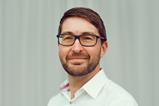
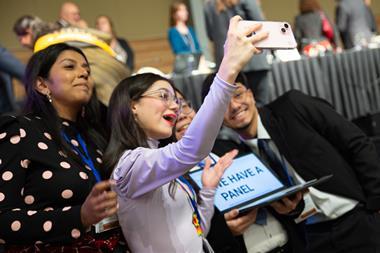
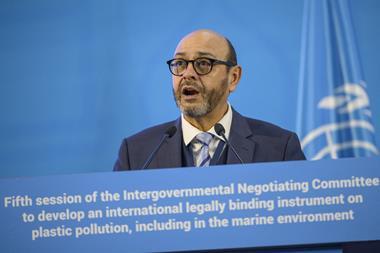
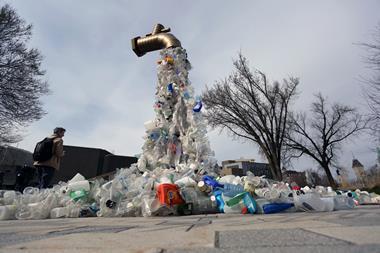
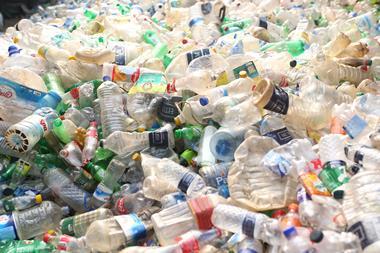








No comments yet